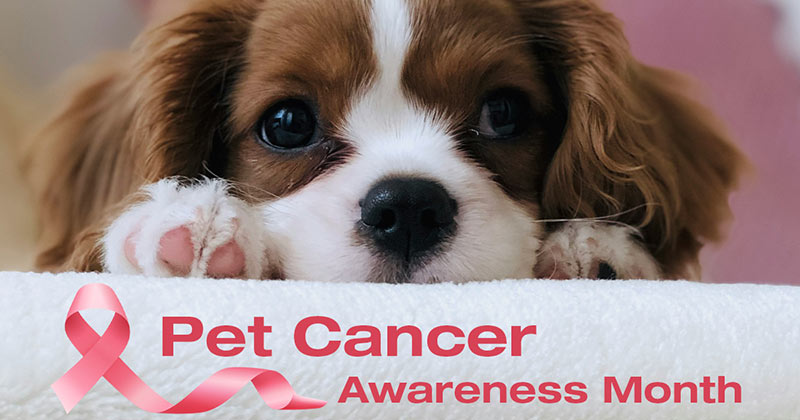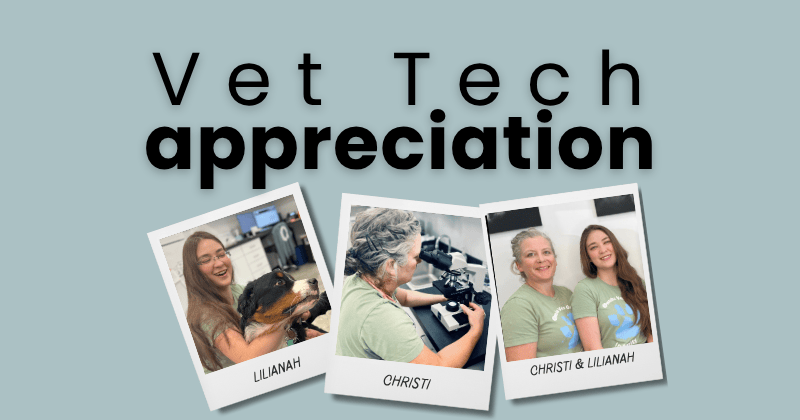
Many dog owners enjoy sharing treats with their pets, and it’s common to wonder whether certain human snacks, like marshmallows, are safe for dogs. As sweet and harmless as these fluffy treats may seem, there are important considerations when it comes to feeding them to your dog. In this blog, we'll discuss whether dogs can eat marshmallows, what ingredients to watch out for, and what to do if your dog consumes one. If you have concerns about your dog’s diet or overall health, call Coventry Veterinary Clinic at (402) 819-2478 or request an appointment for professional advice.
Marshmallows might look simple, but their ingredients can vary. Most store-bought marshmallows are made of sugar, corn syrup, gelatin, and sometimes artificial flavoring and coloring. While these ingredients might not sound dangerous at first, they pose potential risks to your dog’s health.
Dogs don’t need added sugars in their diet, and consuming too much can lead to health issues like obesity, dental problems, and even diabetes. Corn syrup, another common ingredient, is also harmful when consumed in large amounts and contributes to unhealthy weight gain. While a single marshmallow may not harm a healthy dog, feeding them sugary snacks regularly can have long-term consequences. Instead of marshmallows, there are healthier treats that dogs will love without the risk of weight gain or other health problems.
One critical ingredient to look out for is xylitol, a common sugar substitute found in many sugar-free products, including some marshmallow brands. Xylitol is extremely toxic to dogs, even in small amounts, and can cause rapid insulin release, leading to hypoglycemia (low blood sugar). Symptoms of xylitol poisoning include vomiting, lethargy, loss of coordination, and in severe cases, seizures. If your dog has consumed marshmallows containing xylitol, this is a medical emergency, and you should contact Coventry Veterinary Clinic at (402) 819-2478 immediately.
If you suspect your dog has eaten marshmallows or other foods containing xylitol, it’s important to act quickly. Contact your veterinarian at Coventry Veterinary Clinic right away and describe the situation. Depending on the amount ingested and your dog's symptoms, they may advise you to bring your dog in for emergency care. In some cases, immediate treatment can make all the difference, so it's critical to monitor your dog and seek help quickly.
Even without xylitol, marshmallows can still cause digestive problems in dogs. Marshmallows are not a natural part of a dog’s diet and can lead to stomach upset, vomiting, or diarrhea, especially if consumed in large quantities. Because of their spongy texture, they can also be a choking hazard for smaller dogs or those that tend to swallow treats quickly without chewing.
When dogs consume sugary, processed foods like marshmallows, their digestive systems may have trouble breaking them down, leading to discomfort. Dogs may experience bloating, gas, and other signs of indigestion. Over time, regularly feeding your dog foods that are high in sugar can disrupt the balance of their gut bacteria, leading to chronic digestive issues. At Coventry Veterinary Clinic, we can help identify any underlying digestive issues and recommend a diet that promotes your dog’s health. Call us at (402) 819-2478 to schedule an appointment.
While marshmallows might be a fun treat for humans, there are many better options for dogs that are both tasty and nutritious. Dogs thrive on a balanced diet that is rich in protein, fiber, and vitamins, so choosing treats that align with their nutritional needs is always the best approach.
If you’re looking for a safe and healthy alternative to marshmallows, consider offering your dog one of these snacks instead:
If your dog sneaks a marshmallow off the counter or grabs one from your hand, there’s no need to panic in most cases. A small amount of plain marshmallow is unlikely to cause severe harm. However, be sure to monitor your dog for any signs of digestive discomfort, such as vomiting, diarrhea, or lethargy. If your dog ate marshmallows containing xylitol or if they consumed a large amount, Coventry Veterinary Clinic is here to help—just give us a call at (402) 819-2478 for guidance or to schedule an appointment.
Although it may be tempting to share treats like marshmallows with your dog, there are many reasons to avoid doing so. From the lack of nutritional value to the potential health risks, marshmallows are not a suitable treat for dogs. Providing your pet with healthy alternatives not only satisfies their cravings but also promotes their overall well-being. Choosing better snacks ensures your dog maintains a healthy weight, avoids digestive problems, and steers clear of harmful ingredients like xylitol.
While marshmallows might not seem harmful, their high sugar content and potential presence of toxic ingredients make them a poor choice for your pet. Instead, focus on offering healthier alternatives that contribute to their well-being and longevity. If you’re ever unsure about what’s safe for your dog or want to learn more about their dietary needs, call Coventry Veterinary Clinic at (402) 819-2478 or request an appointment today. Our team is happy to discuss your pet’s nutrition and overall health.
Closed daily from 12:30-1:30pm;
Wednesdays from 12:30-2:30pm


